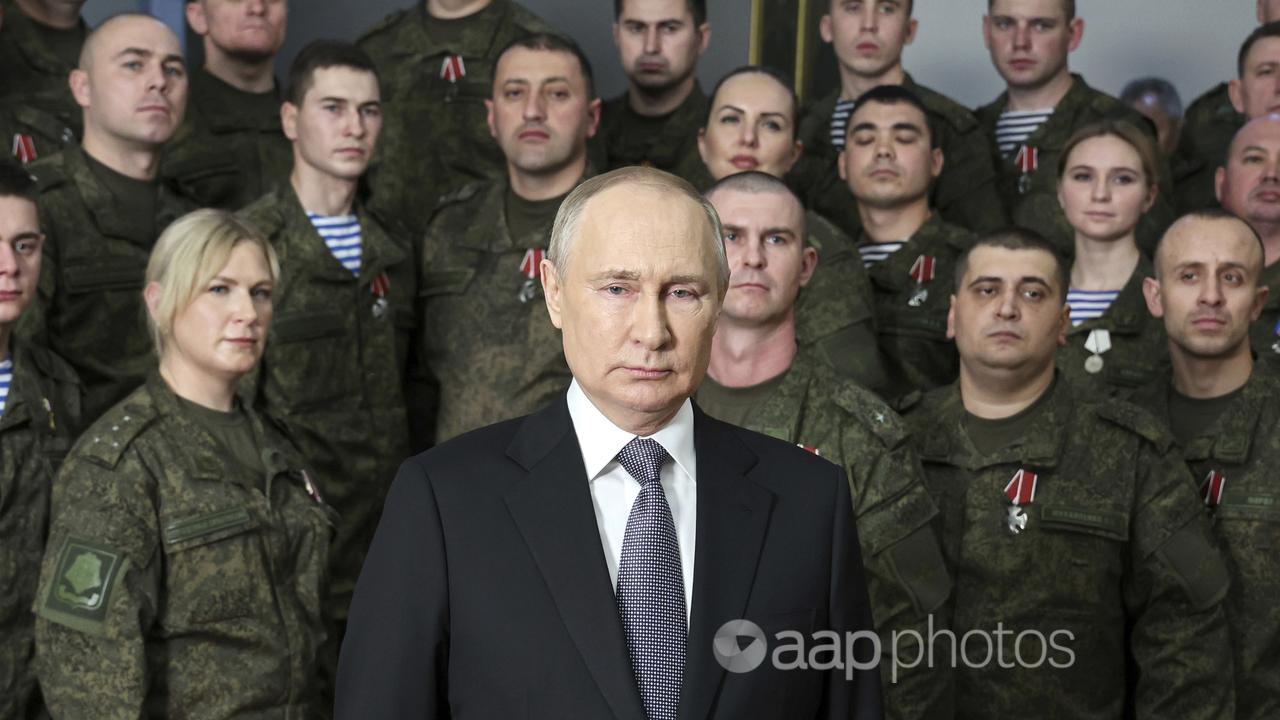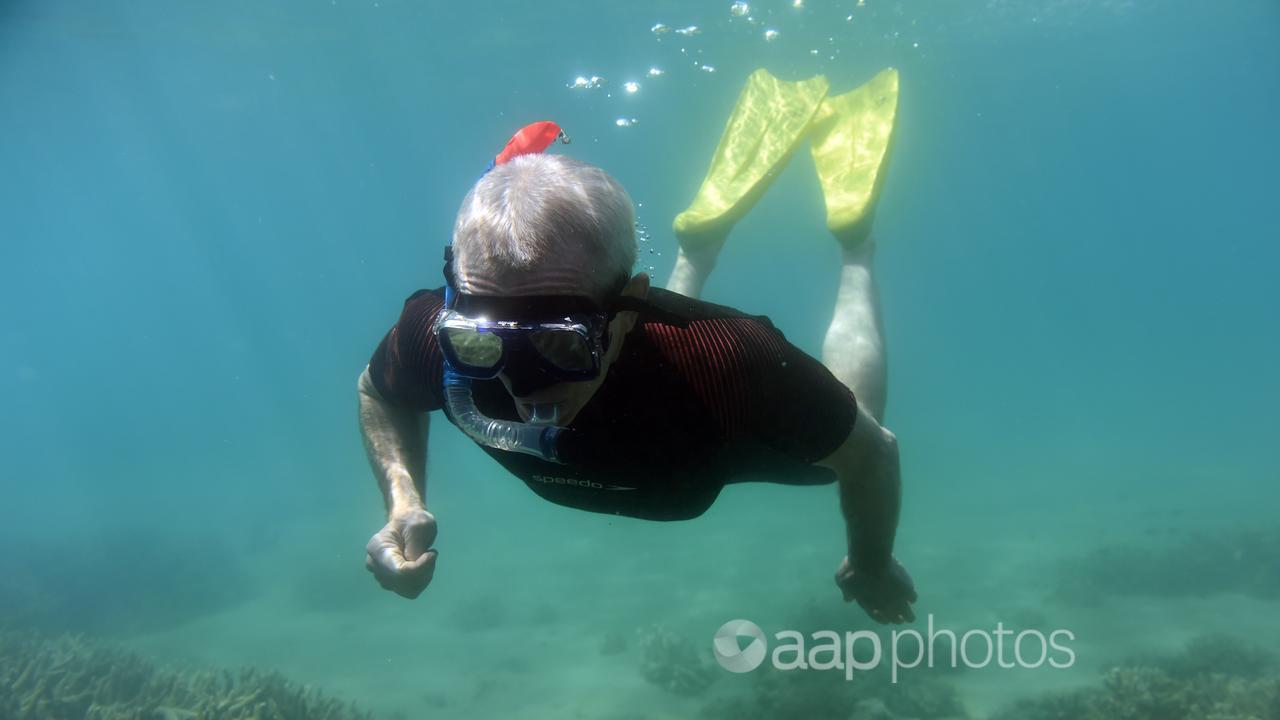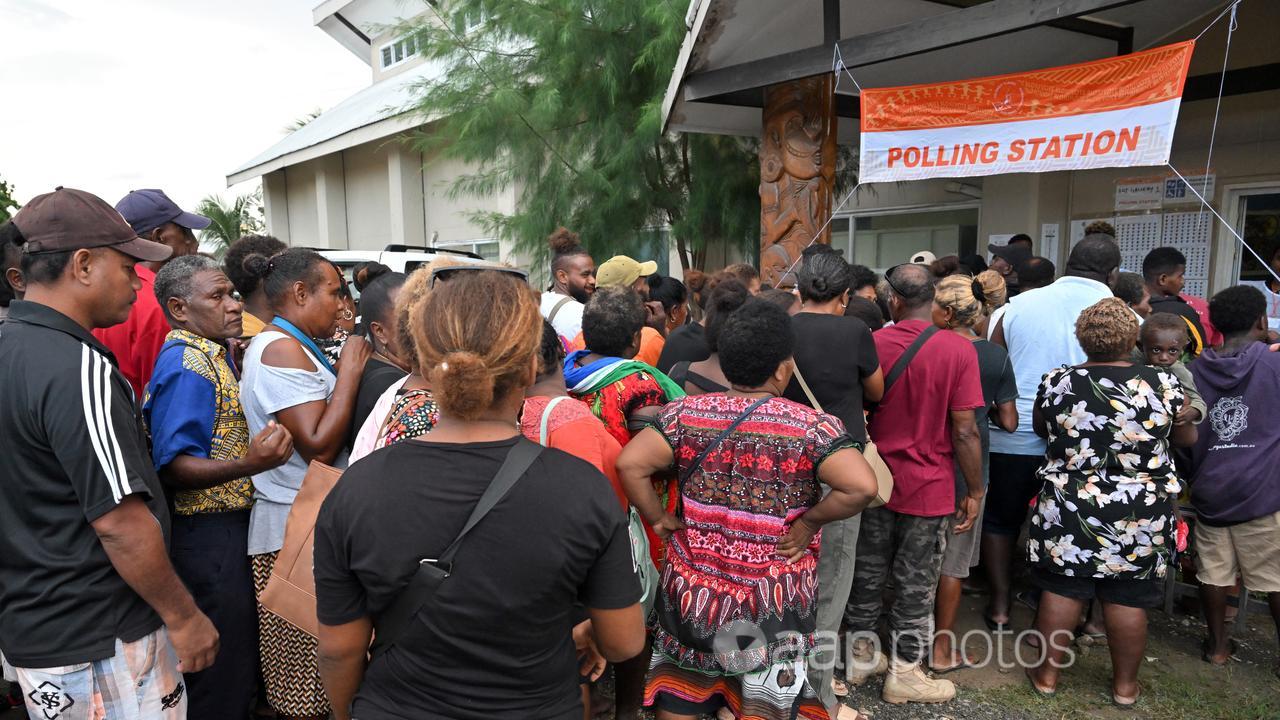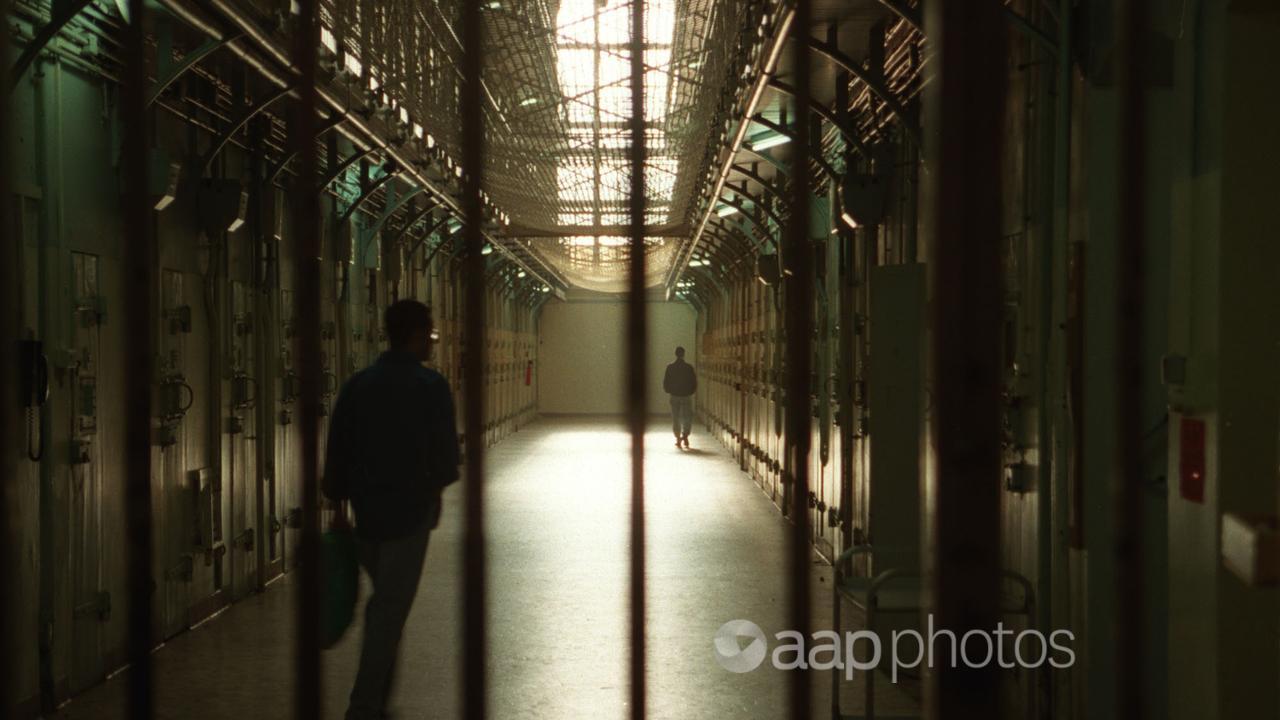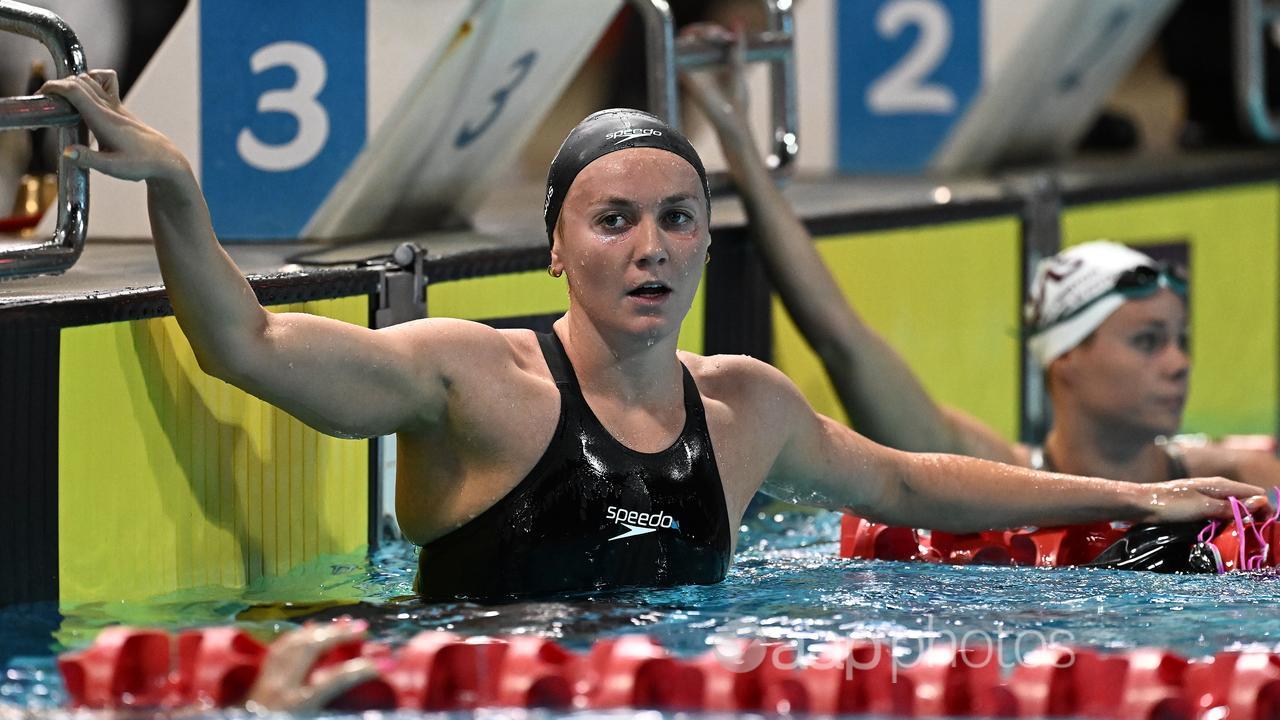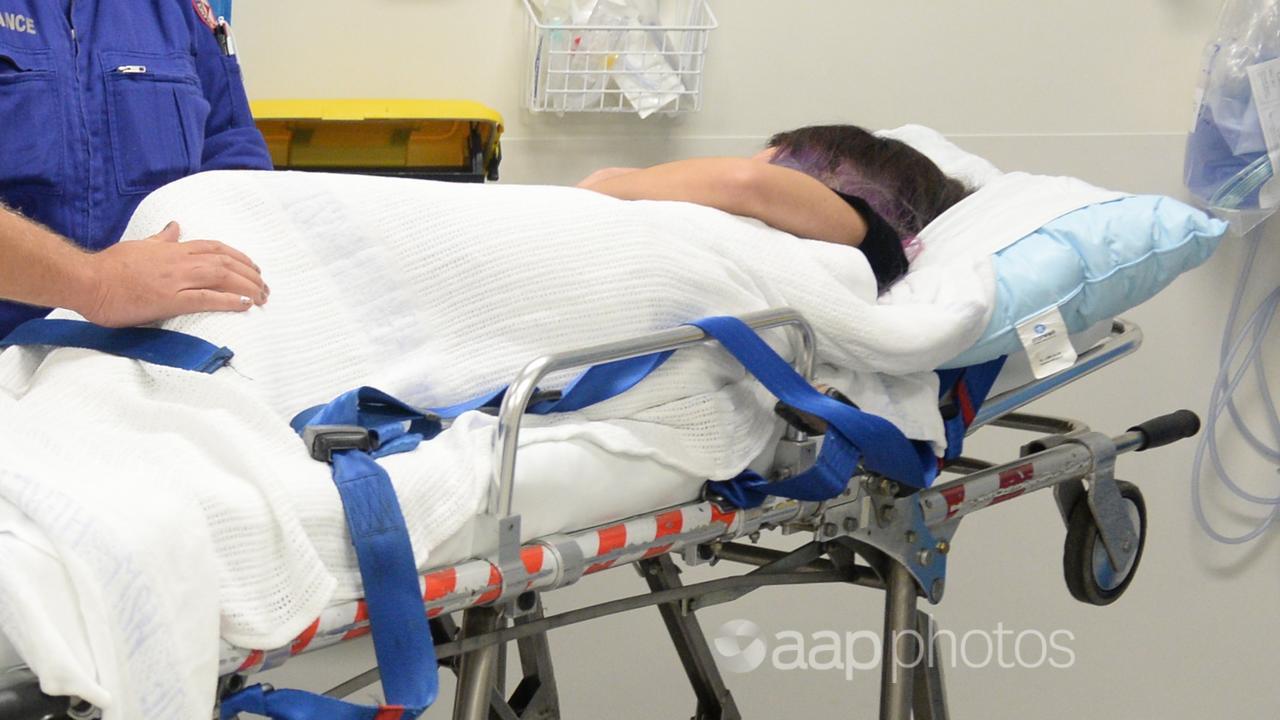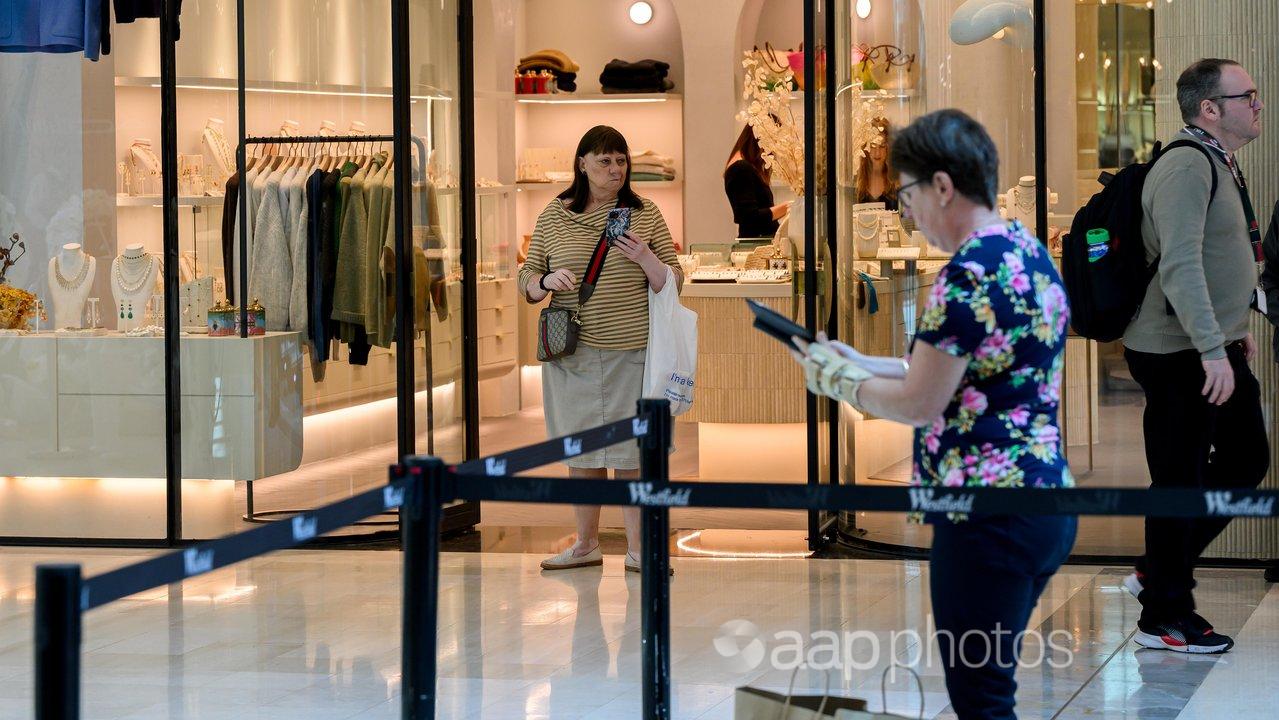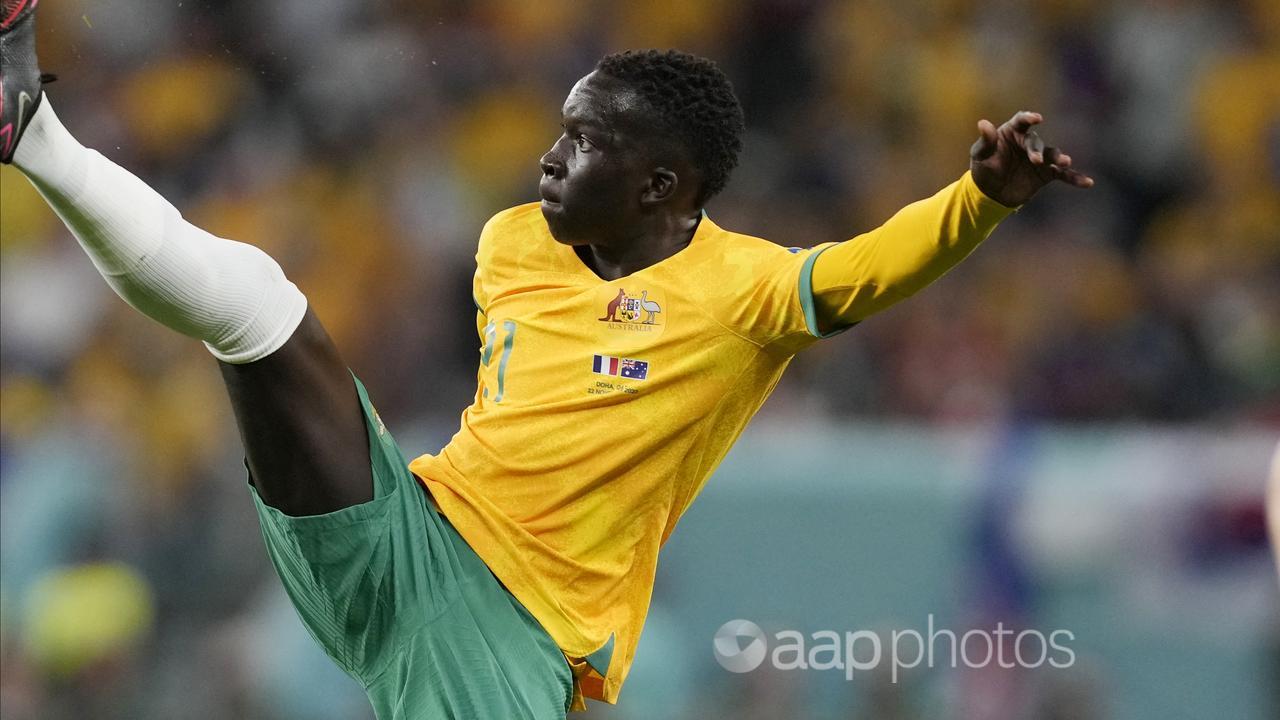The Statement
A social media post has singled out a comment from NSW Premier Gladys Berejiklian as purported evidence face masks don’t help prevent the spread of COVID-19.
The Instagram video post, shared by an Australian account on June 24, features a short snippet of Ms Berejiklian speaking during a press conference.
In the excerpt, the premier can be heard saying: “Please know that if you’re symptomatic and put a mask on, it doesn’t mean you’re not going to transfer the virus to others.”
The post’s caption states: “Sooooooo, what you’re saying is… they don’t work? Gotcha Gladys.”
At the time of writing, the video had been viewed more than 19,000 times while the post had attracted more than 2000 likes.
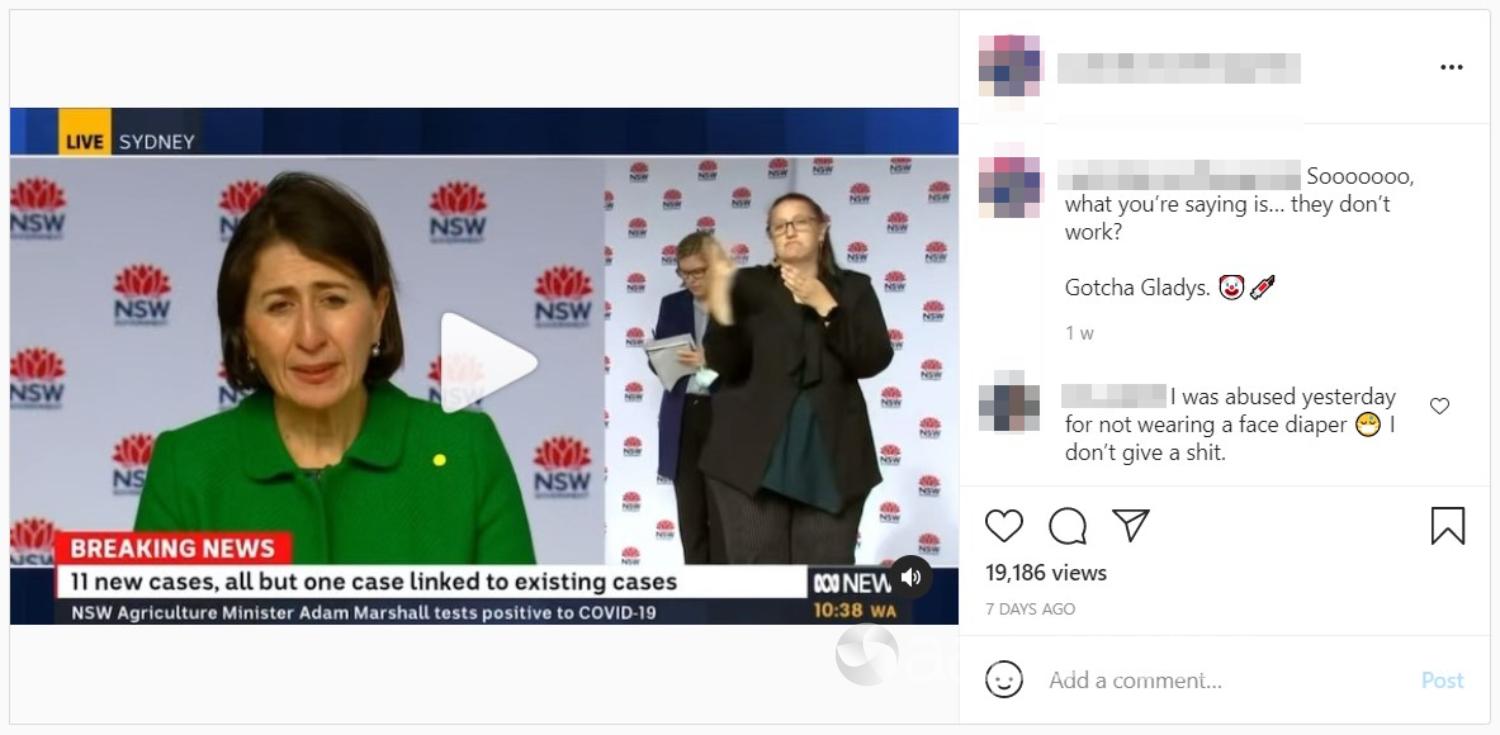
The Analysis
The video has been misleadingly edited to remove key context. While the NSW premier correctly stated face masks don’t prevent transmission of the virus, she went on to add that masks provide important protection alongside other measures to reduce the spread of COVID-19.
Ms Berejiklian held the press conference seen in the Instagram video on June 24, two days before Sydney and other parts of NSW were plunged into lockdown amid a COVID-19 outbreak.
She prefaced the quote about symptomatic cases passing on the virus to others despite the use of masks by saying the face coverings were just one part of the strategy to reduce transmission, alongside other measures such as social distancing and hand sanitising (video mark 2min 51sec).
“The mask is simply the fourth line of defence. It is not the only line of defence, and it doesn’t mean you can’t transfer the virus, but it certainly provides the added layer of protection, which is what this is about,” Ms Berejiklian said.
“When you have a contagious variant, you need to make sure you have that added layer of protection and that’s why that mask wearing is so important.”
NSW Health’s official advice states masks can help stop infected people from spreading COVID-19 to others when they cough, sneeze or speak.
“The main value of wearing a mask is to protect other people. If used correctly, masks may prevent sick people from infecting others.”
Professor Michael Toole, an epidemiologist from the Burnet Institute in Melbourne, told AAP FactCheck in a phone interview the four key measures of wearing a mask, physical distancing and paying attention to ventilation and hand hygiene added up to “pretty effective prevention” of viral spread.
He pointed to a study published in the Lancet in June last year, which suggested that wearing face masks could result in significant reduction in the risk of virus transmission, particularly when N95 respirators or surgical masks were used.
AAP FactCheck has previously addressed various claims relating to the effectiveness of face masks (see here, here and here). Several experts have previously identified that the purpose of mass masking was to slow the spread of the virus in the community.
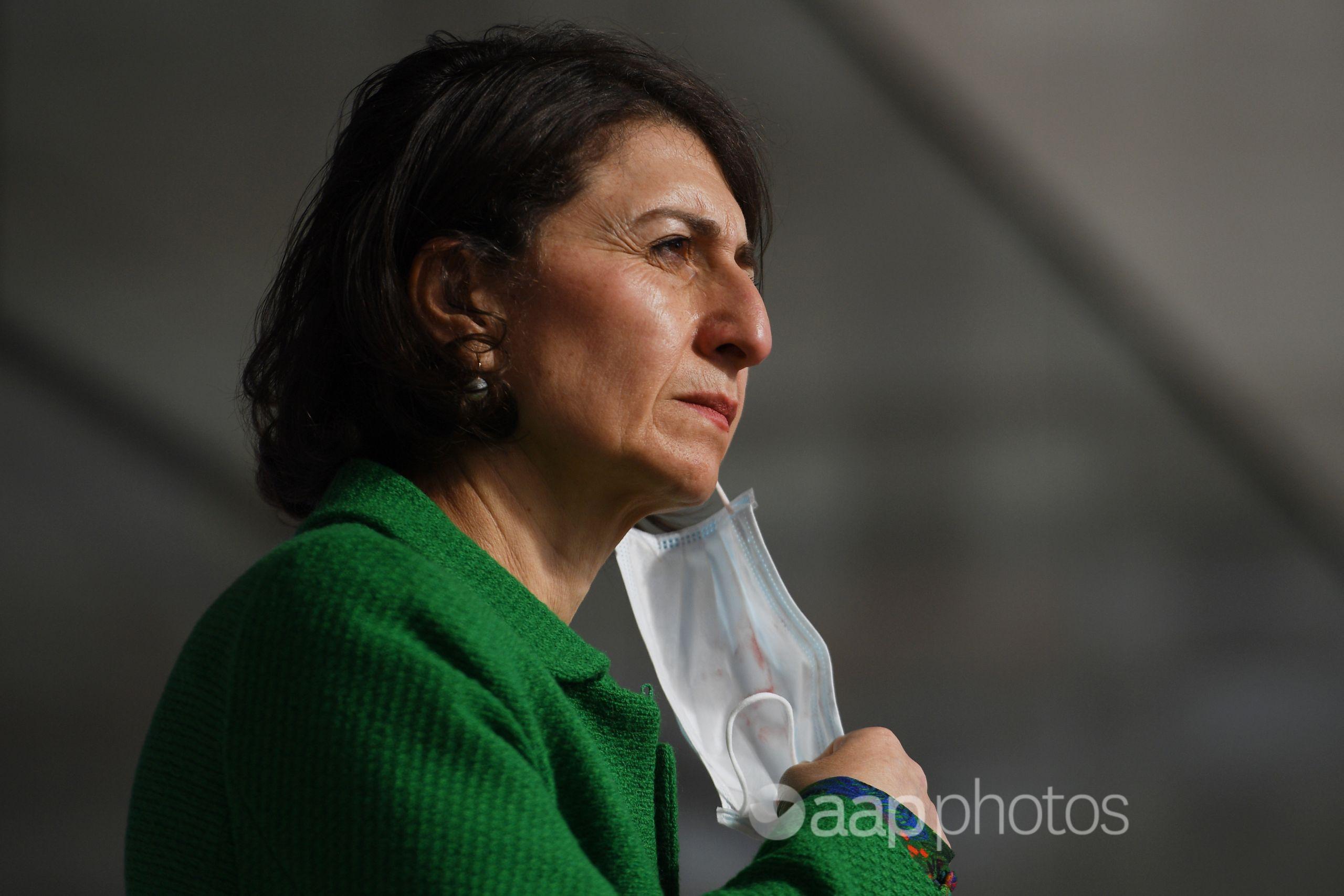
The Verdict
The video has been selectively edited to remove important context about Gladys Berejiklian’s comments regarding masks.
While she said face masks alone would not prevent transmission of COVID-19, she added mask wearing was one of several important measures to limit the spread of the virus.
Missing Context – Content that may mislead without additional context.
AAP FactCheck is an accredited member of the International Fact-Checking Network. To keep up with our latest fact checks, follow us on Facebook and Twitter.
All information, text and images included on the AAP Websites is for personal use only and may not be re-written, copied, re-sold or re-distributed, framed, linked, shared onto social media or otherwise used whether for compensation of any kind or not, unless you have the prior written permission of AAP. For more information, please refer to our standard terms and conditions.



